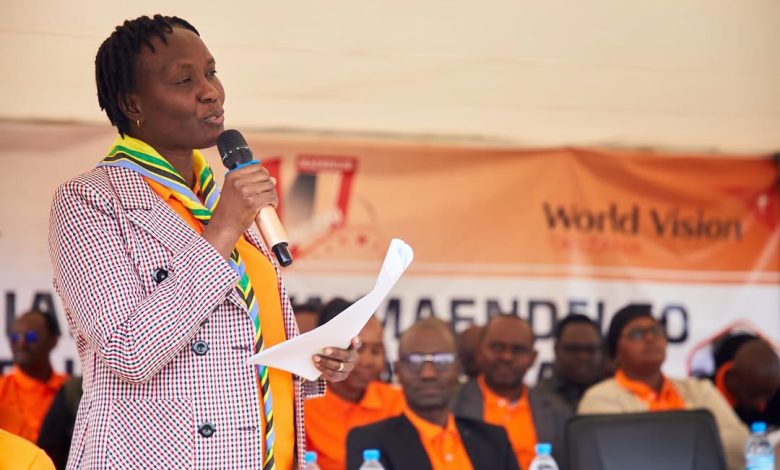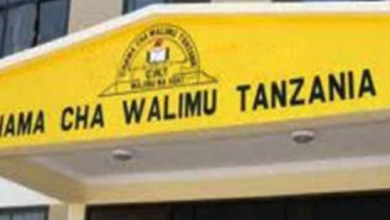Tanzania to establish bee venom processing industry

BABATI: RESIDENTS of 18 villages in Babati District, Manyara region, are planning to start producing bee venom for export.
Bee venom, according to Gorowa residents, is a chemical derived from insects and which has been discovered to treat various ailments, including bacterial infections, rheumatism and even some forms of cancer.
The villagers now want to be assisted to form a proper and full-fledged bee venom processing industry in Manyara, so that they may stop selling raw materials and sell finished and packaged substances.
That was revealed during the occasion to wind up the Gorowa Area Development Program, which was being executed by the World Vision Tanzania (WVT) in the Gorowa Division of Babati District.
“We have been trained to not only harvest honey from the beekeeping activities, but also extract venom from the bees, which commands great markets overseas,” said Hadija Ismail Massi.
Massi, who is a member of the Miringa Beekeeping group, said they have no problem in selling honey or wax in the country, but were actually intending to seriously start exporting bee venom as a new product from Babati.
“World Vision has been supporting us in the activities, and recently, also the Vocation Educational Training Authority (VETA) in Babati has been assisting us with technical skills on how to efficiently extract the venom,” added Ibrahim Mavere, another group member.
It was stated that bee venom contains a variety of components, including Melittin, Apamin, and Adolapin, peptides that have anti-inflammatory, antibacterial, antiviral properties, and pain-relieving properties.
ALSO READ: TFS encourages use of bee venom for enhanced immunity
Bee venom, according to experts, is also explored in apitherapy, which uses bee products for therapeutic purposes and helps with conditions like arthritis, multiple sclerosis, and chronic pain.
On the other hand, the World Vision Tanzania has just wound up the Gorowa Area Program, which was being implemented in the Babati District of the Manyara region for over 17 years since 2008.
The Gorowa Area Program was being executed in 18 villages mapped within the five wards of Ayasanda, Boay, Duru, Gidas and Riroda.
The Program Coordinator, Esther Mushendwa, said World Vision has managed to accomplish a number of development projects in the area, including health, education and environment.
“After research, the World Vision set out to solve the problems, including long distance trekking for children, boosting nutrition through increased food production and training villagers on hatching profitable economic activities,” said Ms Mushendwa.
Under the Gorowa Area Program, World Vision Tanzania (WVT), with support from World Vision Japan, has managed to construct 10 new classrooms, a vocational training center, purchase 325 desks, install garbage burning incinerators, provide 148 pieces of sports equipment, and green the area with over 30,000 planted trees.
The Manyara Regional Legal Officer, Neema Gasabile, who represented the Regional Commissioner, advised the members of 18 local villages during the Gorowa AP closing event to ensure that all projects initiated by World Vision are well taken care of and further developed even after the program winds down.





